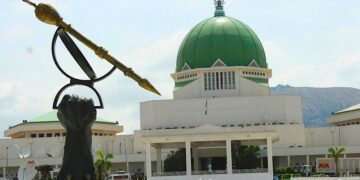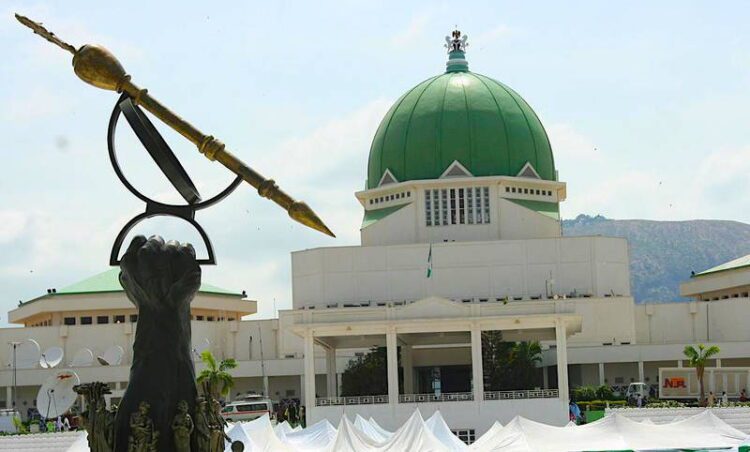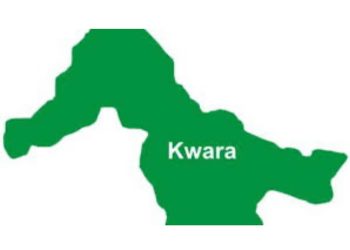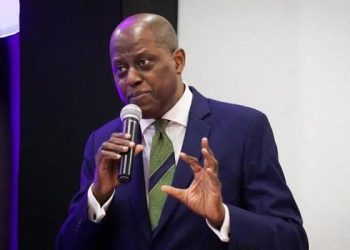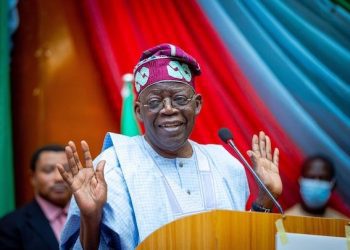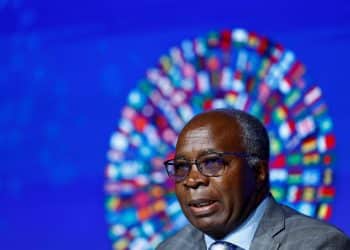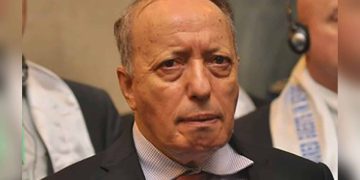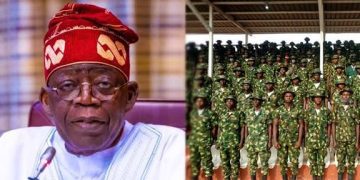National Assembly has approved President Bola Tinubu’s request to borrow N1.15tn from the domestic debt market to finance the deficit in the 2025 national budget, completing the government’s fiscal funding plan.
Both the Senate and the House of Representatives granted the approval on Wednesday following separate considerations of committee reports on loans and debt management.
At the Senate, the approval came after the adoption of a report by the Senate Committee on Local and Foreign Debt, chaired by Senator Wamakko Magatarkada Aliyu (APC, Sokoto North). The committee explained that the 2025 Appropriation Act provides for a total expenditure of N59.99tn, an increase of N5.25tn from the original N54.74tn proposal, creating a total deficit of N14.10tn.
Of this amount, N12.95tn had already been approved for borrowing, while the newly approved N1.15tn will now cover the remaining shortfall.
President Tinubu, in a letter to the Senate last week, said the additional borrowing was necessary “to bridge the funding gap and ensure the full implementation of government programmes and projects under the 2025 fiscal plan.”
The Senate also adopted a motion by Senator Abdul Ningi (PDP, Bauchi Central), mandating the Committee on Appropriations to intensify oversight to ensure the borrowed funds are used strictly for the purposes stated in the budget.
The approval marks another borrowing move by the Tinubu administration amid limited fiscal space. Two weeks earlier, the Senate had endorsed an external borrowing package worth $2.847bn, including a $500m Sovereign Sukuk, to fund key infrastructure projects and refinance maturing Eurobonds.
According to the Senate Committee, $2.347bn will be sourced from the international capital market, while the $500m Sukuk will support the 2025 fiscal framework.
Senator Sani Musa (APC, Niger East) said the domestic borrowing was “very necessary so that the 2025 appropriation will receive the needed funding,” while Senator Adetokunbo Abiru (APC, Lagos East) noted that the loan would not worsen Nigeria’s debt profile since it was already captured in the budget’s deficit financing.
Senator Adams Oshiomhole (APC, Edo North) defended the move, saying, “There’s nothing wrong with borrowing if it is properly structured and used to address critical issues like unemployment and infrastructural decay.”
The approval comes amid growing public concern over Nigeria’s rising debt stock, pegged at over N97tn by the Debt Management Office (DMO) as of mid-2025.
In a similar development, the House of Representatives also approved Tinubu’s N1.15tn domestic borrowing request after adopting the report of its Committee on Aids, Loans, and Debt Management, chaired by Abubakar Nalaraba (APC, Nasarawa).
Tinubu, in a letter to Speaker Tajudeen Abbas, said the borrowing was required “to close the unfunded deficit gap created by the increase in the budget size beyond approved revenue and borrowing plans,” in line with the Fiscal Responsibility Act (FRA) 2007.
He explained that while the National Assembly had raised the 2025 budget to N59.99tn, the borrowing provision stood at N12.95tn, leaving an unfunded deficit of N1.15tn.
Citing Sections 44(1) and (2) of the FRA, the President emphasized that all new borrowings must have parliamentary approval.
Following deliberations, the House approved the request, paving the way for the Federal Government to raise the funds from the domestic debt market.
Earlier reports indicated that lawmakers had expressed frustration over poor implementation of the 2025 capital budget, leading to Tuesday’s plenary being suspended without considering any item on the Order Paper.
